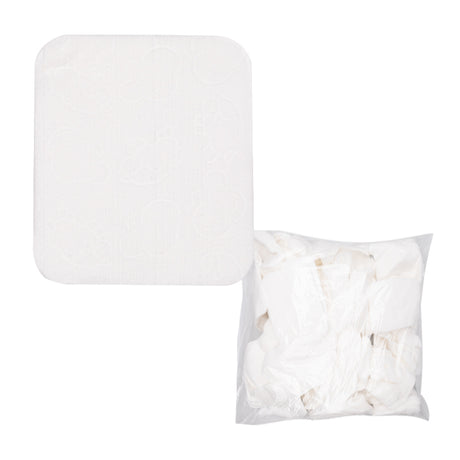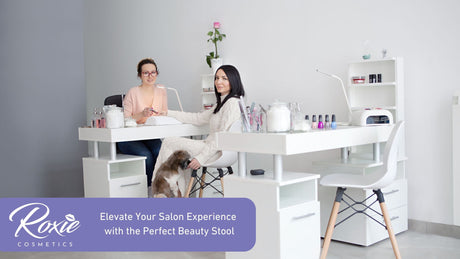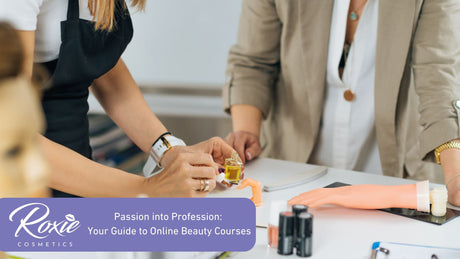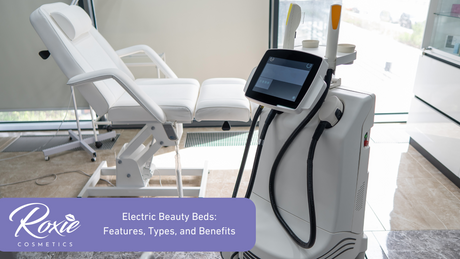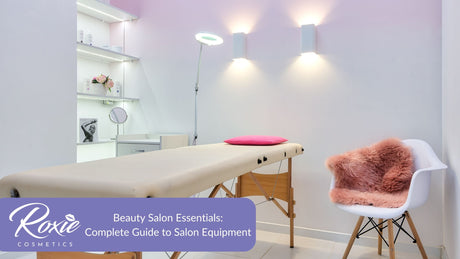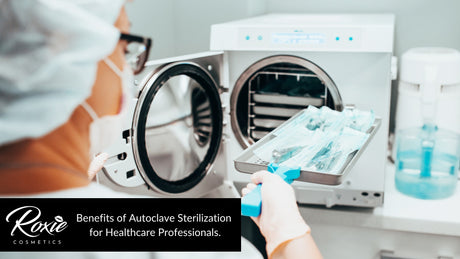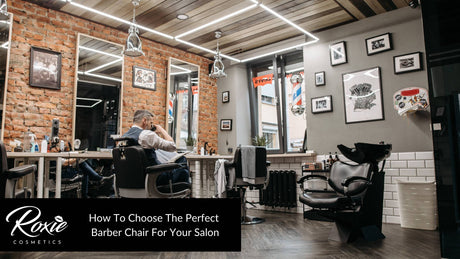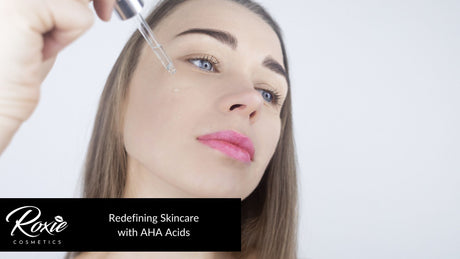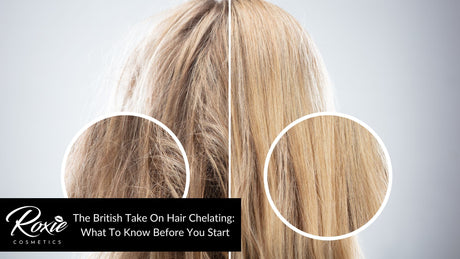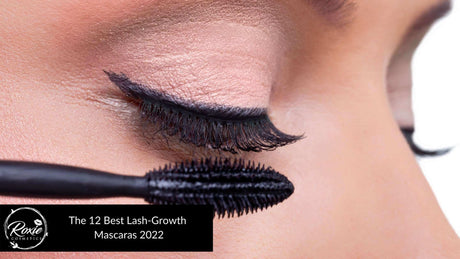Each of us faces skin problems almost every day. For some huge problem can be one pimple, and others spend a dream with eyelids chronic skin diseases. One of them is atopic dermatitis. It's not a disease you can't live with. In contrast, atopic dermatitis can be tiring, especially during periods when our skin is exposed to changing temperatures. How to deal with atopic dermatitis? How to care for the skin, so as to feel the disease as little as possible? We will tell you the ways by which you will be able to take care of yourself in a quick and easy way, and thus get rid of itching, cracking of the skin and discomfort.
Atopic eczema – ways to make sure you suffer from it
Atopic eczema is a disease that should not be underestimated. It can not only make our lives miserable, but also turn into something more serious. However, it happens that people don’t qualify their feelings and symptoms as an atopic eczema. And that is the first step to harm your skin even more. If you do not know if your skin is atopic, take a closer look at it. You should check its condition every single day. This way you will be able to say whether there is something wrong going on or not. If it is strongly reddened, scaly, and its surface is irregular – there is a high risk that it is atopic dermatitis. Sometimes you may notice local swelling and even slight bleeding from more sensitive or damaged areas. What's more, if you're struggling with atopic eczema, your skin is itchy. This, in turn, leads to scratching and worsening of the condition of skin lesions.
Another symptom of atopic dermatitis is its dryness and roughness, which occurs in its inactive phase. It is also worth noting that atopic dermatitis does not only affect the face, but also the neck or hands. Therefore, it is necessary to take care of them properly. The sooner you start the more effective results you get.
Causes of atopic eczema
There may be a lot of causes of atopic dermatitis. However, environmental and genetic factors have the greatest influence. And that is not good news for anybody suffering from this illness. If someone in your family is struggling with this problem, it is worth taking a closer look at your skin. There may be a huge possibility that in the future your tough journey with atopic eczema will eventually start. What’s more, if you live in a large city and the air quality is not satisfactory, your skin may feel it and you may experience some of the symptoms of atopic dermatitis.
Women are more vulnerable than men. In contrast, atopic dermatitis, which occurs in children, may resolve after some time. Therefore, you should take great care of the skin. In addition, atopic eczema skin contains insufficient amounts of lipids that bind skin cells and water-retaining compounds. All this makes the skin with atopic dermatitis dries quickly, and therefore is very sensitive. Which is why you can feel uncomfortable with your own skin and it leads to worse being and other problems. In the next part of this article we will tell you what to do and what to avoid if you have an atopic eczema.
How to care for atopic dermatitis?
Unfortunately, there is no cure that we can take and immediately enjoy the relief of any symptoms of atopic dermatitis. However, there are many ways that will allow us to enjoy better health, less itching and softening of the skin. Daily appropriate care will help you to prolong the inactive phase, and thus reduce these most annoying ailments.
In atopic skin care, the most important thing is degreasing. However, it should be remembered that for atopic skin should not use ordinary cosmetics full of artificial colors and fragrances, because they are very sensitive. Ideal for care are emollients, whose components can penetrate the lipid layer of the epidermis and create a protective layer there. Thanks to them, the skin better retains water.
The composition of cosmetics should also include, for example, fatty acids and urea. The selection of suitable cosmetics will help your doctor. Cosmetics for atopic skin is best tested in the form of samples, because it is not known how the skin will react to them. Cosmetics should be applied several times during the day without rubbing.
The most important cosmetics that have a positive effect on atopic skin are emollients. These are highly emollient preparations, thanks to which the condition of your skin has a chance to return to normal at least for a while. If you use them regularly, you help your skin maintain balance. Emollients can be found in the form of creams, lotions, emulsions, lotions, ointments or balms. Choosing the right one depends primarily on the condition of your skin and the place where you want to apply the product.
Remember to regularly (even a few times a day!) moisturize the skin, so you will strengthen its resistance to external factors. This, in turn, will prolong the state in which the worst symptoms are inactive.
Should you take baths with atopic skin?
Proper hygiene is a necessity for atopic skin. Baths are an important part of the treatment, because in this way we remove harmful substances from its surface. Thanks to the baths, the skin absorbs the degreasing substances better, removes residues of other preparations and scabs. Cleansed skin reacts much better to emollients and medicines.
During the bath, it is best not to rub the atopic skin, and at the end add more emollients. You can also add to the water, after consultation with your doctor, for example, sodium hypochlorite to relieve itching, or potassium permanganate to avoid infection of the skin with Staphylococcus aureus. After the bath, gently dry the skin and apply a generous amount of emollient, while the skin is still wet.
What to avoid with atopic eczema?
With atopic eczema you should avoid any products with alcohol – they dry your skin and can cause many problems. What’s more it would be best not to starch and rub your skin. Be gentle for it and it will look better and there won’t be any pain, bleeding nor cracks. Remember to use emollient balms as often as possible. Your skin will be grateful and you will feel better day after day.







